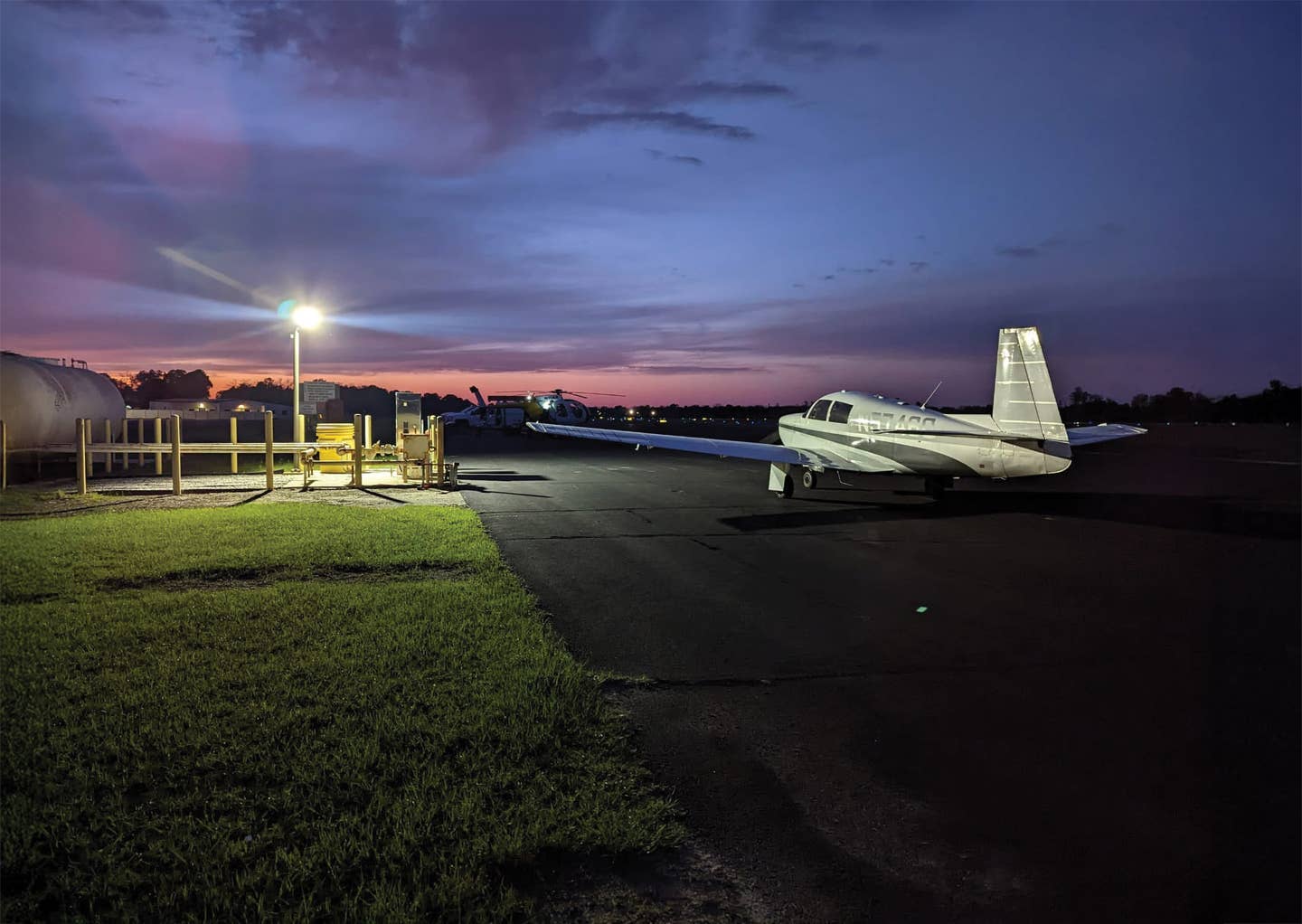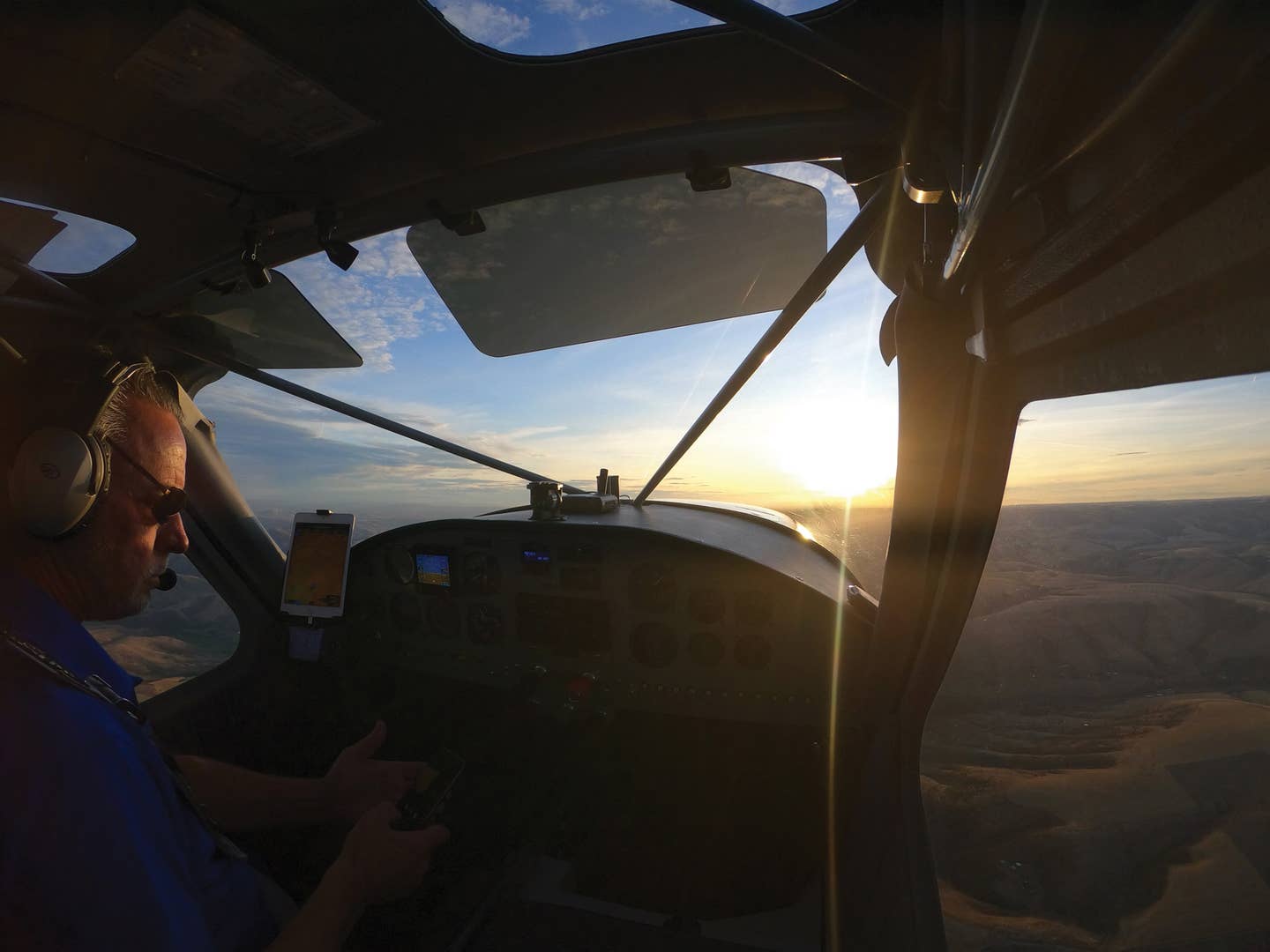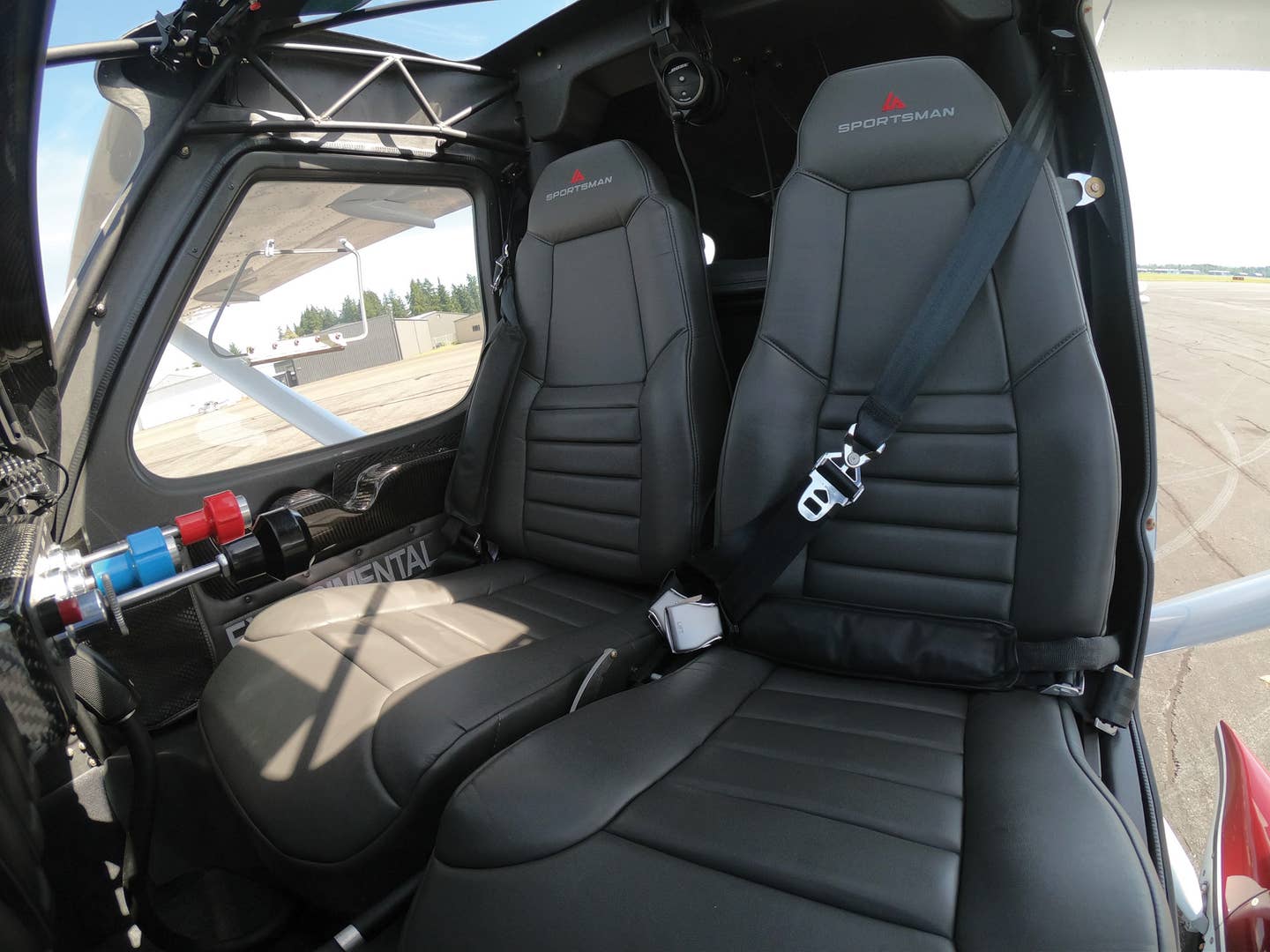Turn Off Your ADS-B, Go To Jail?
Maybe not, but you could be in deep with the Feds if you go stealth. Here’s what else might happen too.
There seems to be a lot of concern among certain segments of the flying population about the way that the FAA is enforcing ADS-B infractions, and according to reports from several posters (who will remain nameless here), there appears to be some truth to it.
It's really not a new problem. If you have a transponder and turn it off, regardless of what kind of airspace you're in, you can get dinged by the FAA with a suspension!several folks have mentioned six months being the length of time if the FAA puts its foot down on your certificate. The language of the policy letter, dated January 24th of this year, is ominous. A friend of the magazine posted this recently:
National Policy Effective Date: 01/24/2020
Page 9-13: "Single Acts of Misconduct Generally Warranting Revocation. Some acts of misconduct are, by their very nature, so egregious or significant as to demonstrate that the certificate holder does not possess the care, judgment, or responsibility to hold a certificate. These acts include, but are not limited to, those listed in Figure 9-5."
Figure 9-5 on page 9-14 (#30) lists "Operating an aircraft without activated transponder or ADS-B Out transmission (except as provided in 14 C.F.R. § 91.225(f)) for purposes of evading detection."
The issue raises a few really good questions. If you don't plan to fly in ADS-B-required airspace, should you install it just to be safe? The FAA's hardline stand on this makes it a far more difficult question to answer. On the one hand, when flying in the backcountry, who wants to think that your every maneuver is being monitored (at least potentially) by the federal government? On the other hand, the risk of collisions down low might be slim, but they are not unknown. And ADS-B has free weather too, though you can always get that with a portable receiver.
And if that's not enough to concern pilots, the FAA is, according to reports, using ADS-B to monitor pilots whose flying is reported to them. According to one poster, the agency regularly has inspectors monitor a suspect N-number's flying activity as part of its investigation into pilots/aircraft that have popped up on their enforcement radar. We've reached out to the FAA for comment on this but have not heard back as of press time.
Our advice. If you really want to stay off the FAA's radar and you won't need to fly into ADS-B airspace, don't equip, if that makes you feel better. And if you have already equipped, keep it turned on. The potential grief, at least in our mind, far outweighs what might otherwise have been a little peace of mind.
Subscribe today to Plane & Pilot magazine for industry news, reviews and much more delivered straight to you!

Subscribe to Our Newsletter
Get the latest Plane & Pilot Magazine stories delivered directly to your inbox






